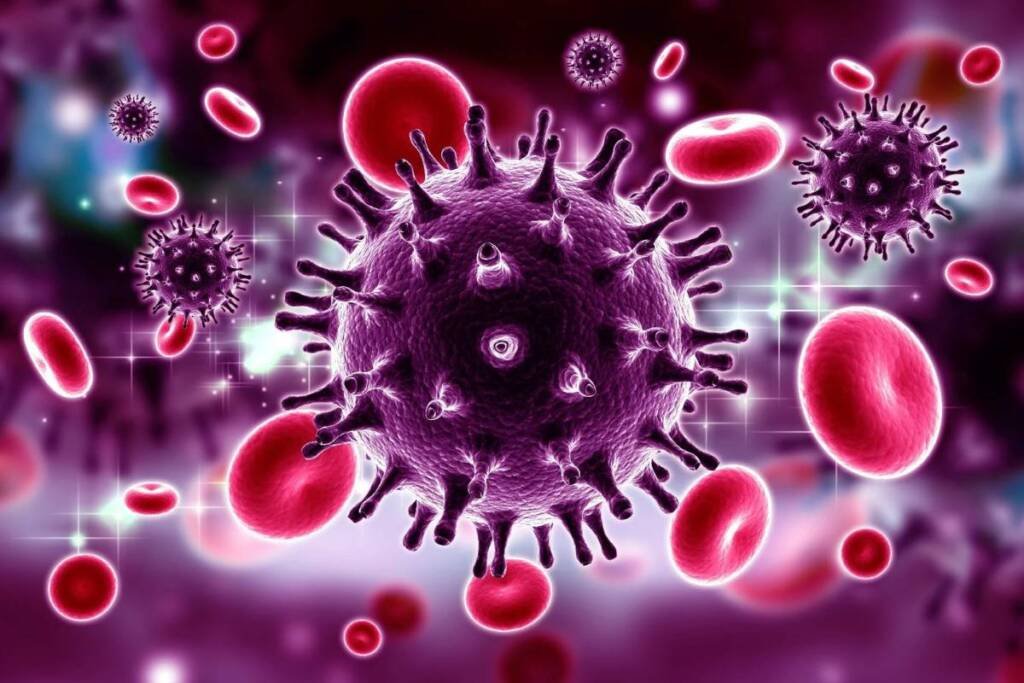Gilead Sciences and Teva have been exonerated by a California court jury in a lawsuit accusing them of colluding to delay the introduction of generic versions of the widely-used HIV drug Truvada. The unanimous verdict focused on a 2014 settlement of a patent dispute between Gilead and Teva, which led to Teva abandoning its attempt to overturn Gilead’s patents on Truvada and another HIV therapy, Atripla.
Truvada plays a critical role in pre-exposure prophylaxis (PrEP) to prevent HIV transmission among high-risk individuals. The lawsuit, filed in 2019, alleged that Teva received a “reverse payment” of $1 billion to postpone its entry into the US market, resulting in higher drug prices for consumers. The plaintiffs sought $3.6 billion in damages. However, the jury determined that the plaintiffs failed to sufficiently prove that the agreement violated competition laws.
Notably, California became the first US state to explicitly prohibit “pay-for-delay” deals in 2019. Gilead stated that the verdict confirmed the 2014 patent settlement between Gilead and Teva as lawful and not a reverse payment, asserting that it actually promoted competition and facilitated access to generic versions of Atripla and Truvada prior to the expiration of Gilead’s patents. While Gilead and Teva settled with some plaintiffs, including major pharmacy chains, prior to the jury decision, other parties, such as HIV patients and activist organizations, pursued the matter through the trial.
In a separate case in May, Gilead also emerged victorious in a lawsuit brought by the US government, which claimed that Truvada and its successor Descovy infringed patents held by the Centers for Disease Control and Prevention (CDC). A defeat in that litigation could have potentially resulted in damages of up to $1 billion for Gilead. Truvada was initially approved for HIV treatment in 2004 and later obtained an expanded label for PrEP in 2012. Sales surged to nearly $3 billion before generic alternatives entered the market in 2021. Last year, Truvada’s global sales amounted to only $147 million, while Descovy generated nearly $1.9 billion.





























